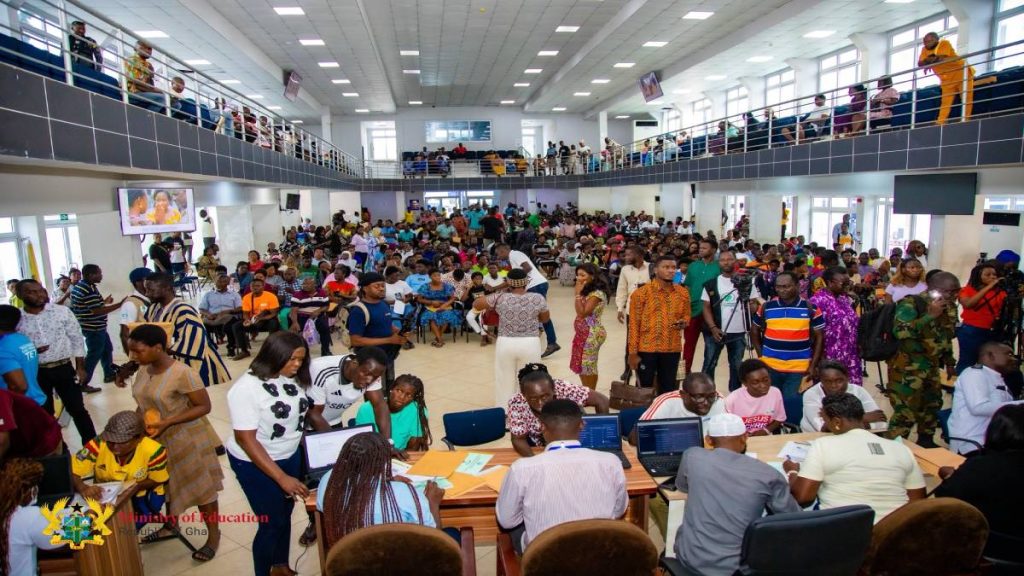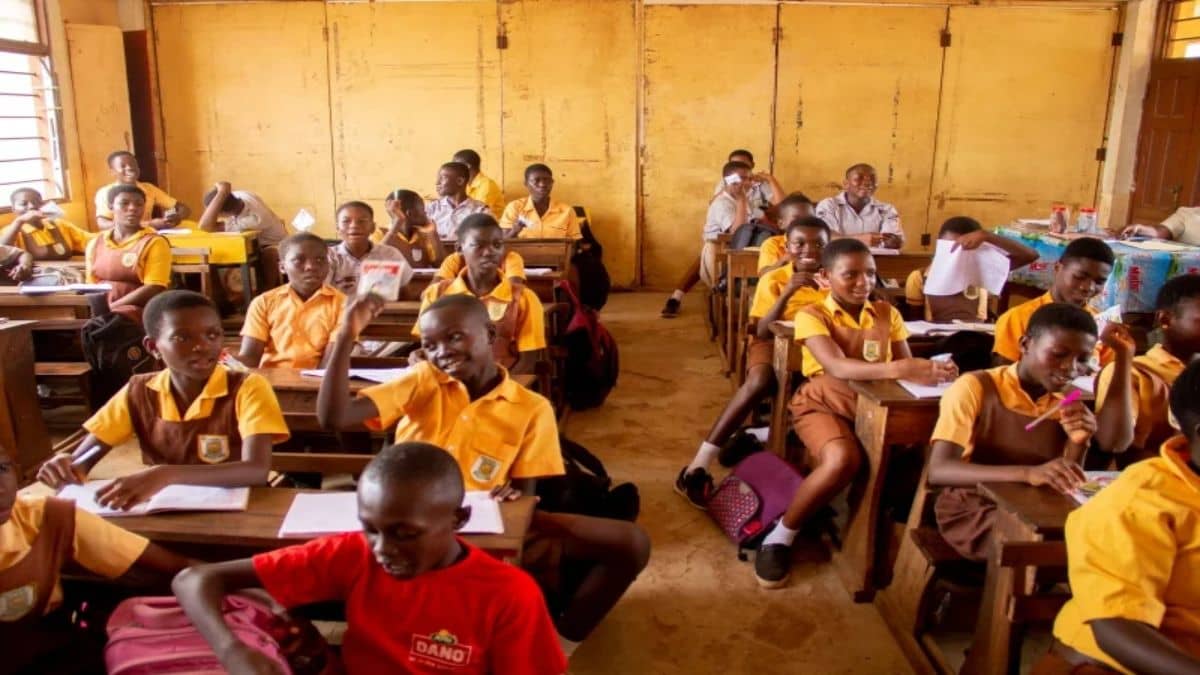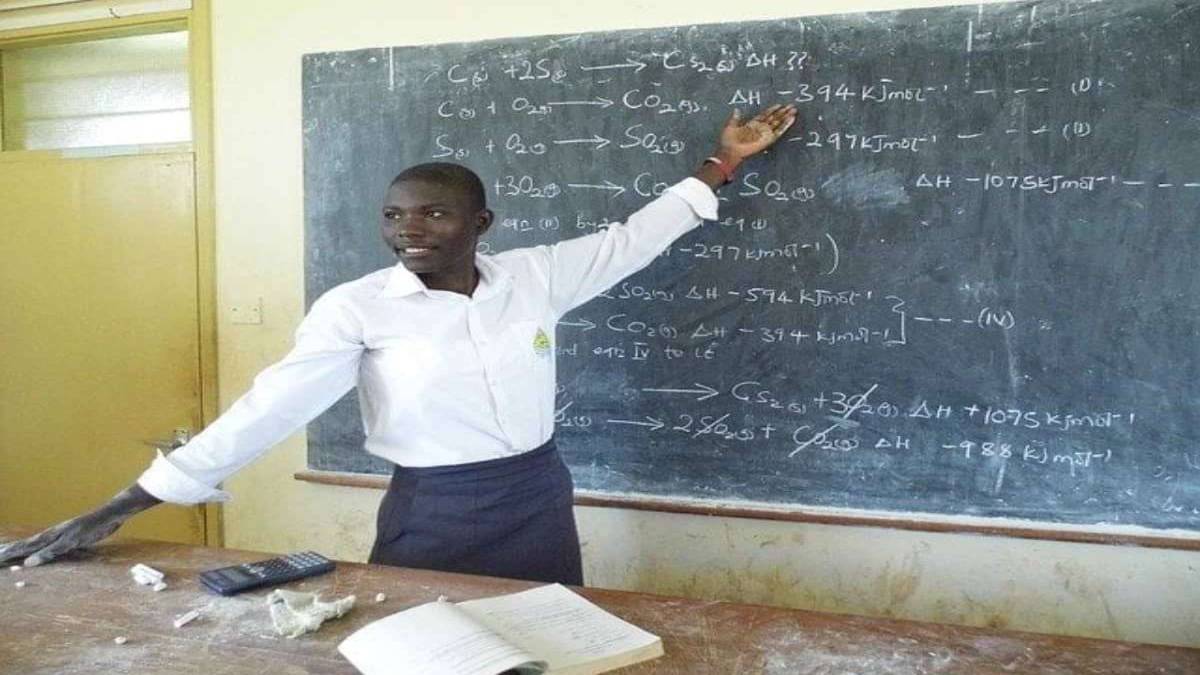GNACOPS calls on GES to abolish national CSSPS resolution center

The Ghana National Council of Private Schools (GNACOPS) has urged the Ghana Education Service (GES) to collapse the national computer school placement resolution centre, saying it undermines the work of regional and district offices designated to handle issues with the computer placement system.
The Director of GNACOPS, Kwasi Gyetuah, in an interview, said the national placement resolution centre overshadows the district and regional placement resolution offices, creating unnecessary congestion whenever second-cycle school placements are released.
Speaking in an interview on Channel One TV monitored by Pretertiary.com, he argued that regional and district officers have the expertise to resolve most placement concerns but remain under-resourced.
“We should collapse the national centre because the GES offices already exist. The problem is not beyond the capacity of regional and district offices; the challenge is that resources have not been fairly distributed to empower them to function effectively,” the Executive Director of GNACOPS said.
According to the Private Schools Council Director, officers at the District and Regional placement resolution centers often have a deeper understanding of the situation than their national counterparts.
“When you go to the national centres — I’ve been there — those working there don’t have superior knowledge compared to district officers. In terms of experience and familiarity with the terrain, district education officers know the issues better because they live and work among the communities,” he emphasized.
His remarks follow chaotic scenes at the Ghana National Association of Teachers (GNAT) Hall in Accra on Tuesday, September 23, where hundreds of parents and students gathered to resolve placement difficulties.
In a statement, GNACOPS also said the reliance on centralized resolution venues such as the GNAT Hall, though perhaps designed for efficiency, has instead created bottlenecks that distance affected families from timely and accessible solutions.
“We have consistently opposed the reinforcement of such centralized national resolution centers. We strongly believe that the most viable path forward lies in empowering District Education Offices to serve as the front-line engines of localized, efficient problem-solving.
Strengthening these offices will bring redress closer to communities, reduce the physical and financial burdens on families, and ensure that placement concerns are addressed more swiftly and equitably.
Beyond decentralization, we emphasize the urgent need to bridge infrastructural divides, strengthen digital placement tools, and implement policies that prioritize equity and inclusivity
By pursuing these reforms, Ghana can establish a placement system that is not only efficient but also one that upholds fairness, fosters transparency, and supports learners in securing SHS pathways that align with their aspirations and circumstances,” GNACOPS noted in the statement sighted by Pretertiary.com.
This year, a total of 590,309 BECE candidates this year qualified for second-cycle school (SHS/TVET) placement. Out of this, 483,800 were placed automatically, while 107,000 secured schools through self-placement.
According to the Ministry of Education, of the 483,800 BECE graduates who secured automatic second-cycle school placement, 234,783, representing 48.6% were boys, and 248,038, representing 51.4% were girls.
It indicated that 82 per cent (82%) of qualified students who sat for the 2025 edition of the Basic Education Certificate Examination (BECE) have been placed in their first-choice second-cycle schools.



